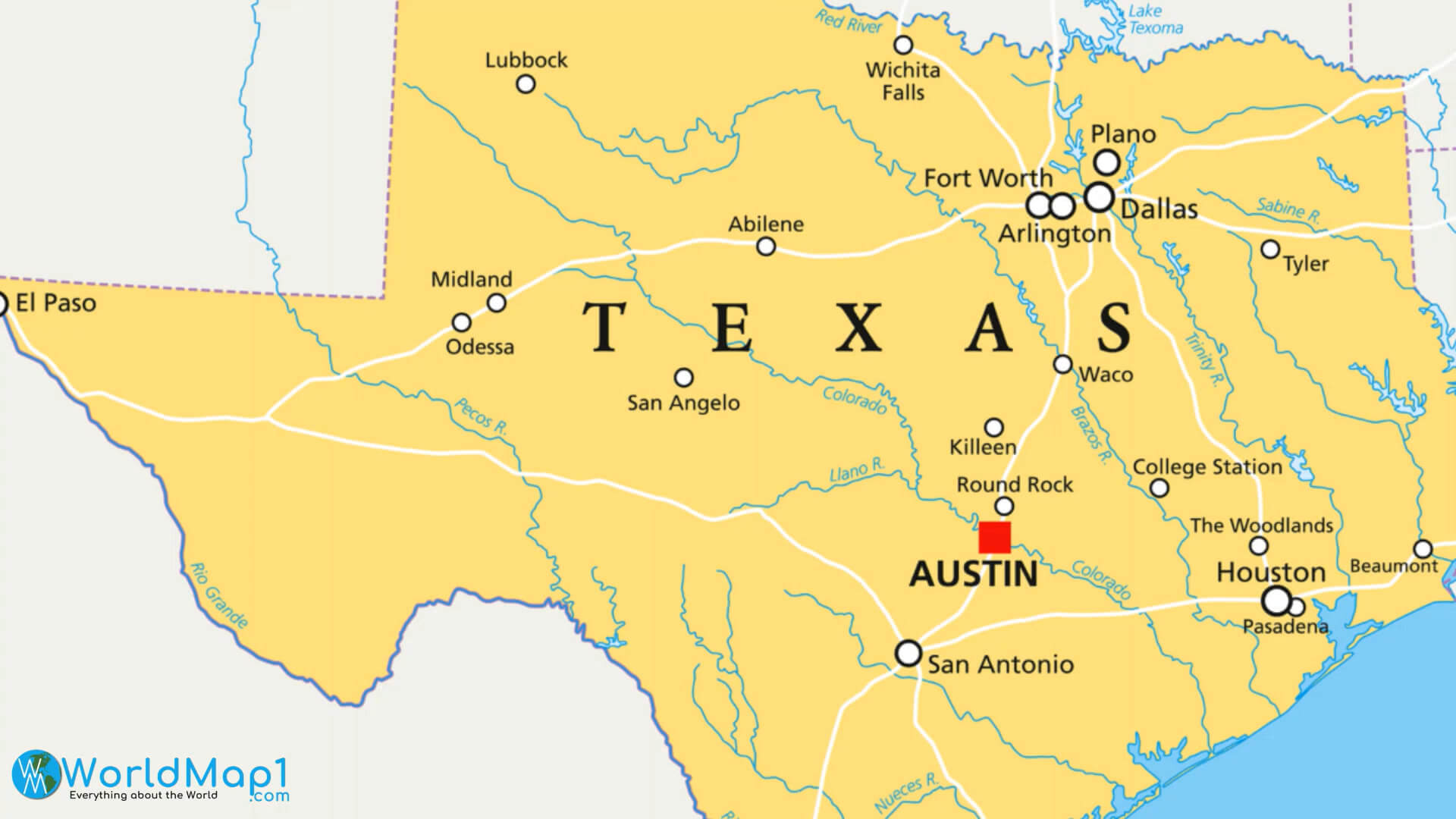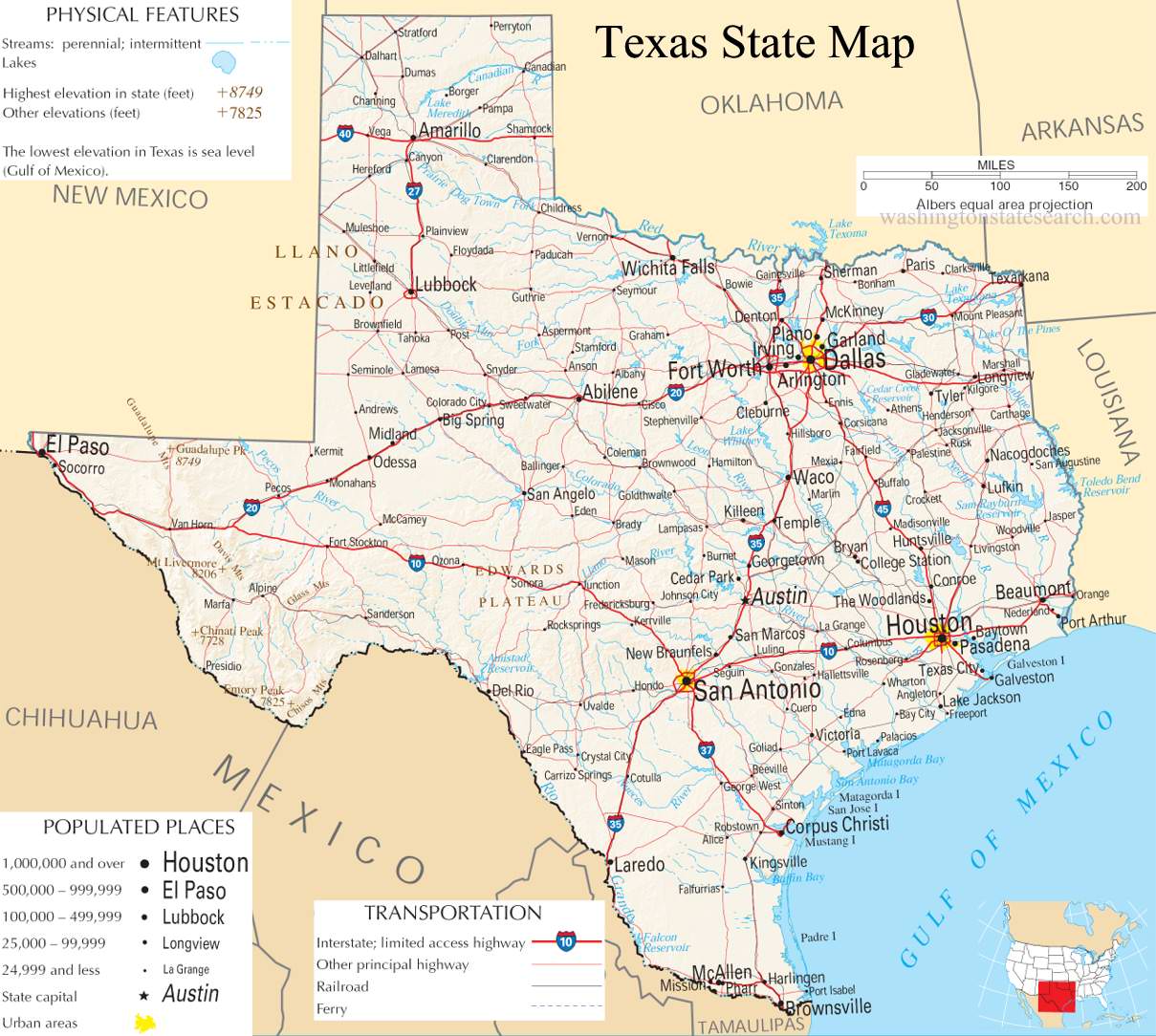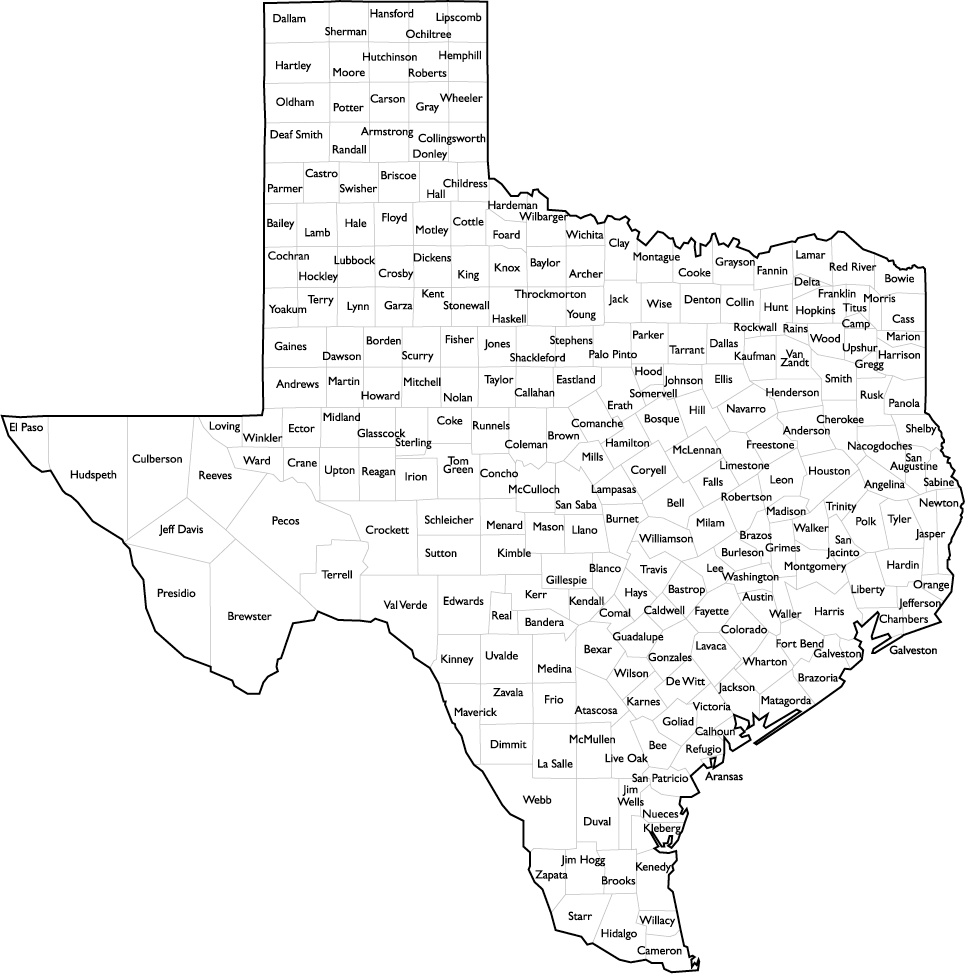Texas Classic Trucks For Sale: Your Ultimate Guide to Finding and Owning an Automotive Legend cars.truckstrend.com
Texas, a state synonymous with wide-open spaces, rugged individualism, and a deep-seated love for all things automotive, holds a special place in the heart of classic truck enthusiasts. When you hear "Texas Classic Trucks For Sale," it conjures images of sturdy Ford F-100s, iconic Chevrolet C10s, and formidable Dodge D-series trucks, often boasting a remarkable state of preservation thanks to the state’s dry climate. More than just a vehicle, a classic truck from Texas is a piece of American history, a testament to enduring design and engineering, and for many, a tangible link to a bygone era of utility and style. This comprehensive guide will navigate the fascinating world of Texas classic trucks, offering insights, practical advice, and a roadmap for anyone looking to own a piece of this rolling heritage.
Why Texas is the Mecca for Classic Trucks
Texas Classic Trucks For Sale: Your Ultimate Guide to Finding and Owning an Automotive Legend
The allure of Texas as a prime hunting ground for classic trucks is no accident; it’s a confluence of environmental factors, cultural heritage, and sheer volume.
Climate as a Curator: Texas boasts a predominantly hot, dry climate, particularly in its western and central regions. Unlike states with harsh winters and heavy road salt usage, the minimal moisture and absence of corrosive chemicals have historically acted as a natural preservative for sheet metal and frames. This means a significantly lower incidence of severe rust, allowing more original, unrestored, or easily restorable vehicles to survive.
A Deep-Rooted Truck Culture: Trucks aren’t just transportation in Texas; they’re an integral part of the lifestyle. From ranching and oil fields to construction and daily commuting, trucks have always been essential. This ingrained culture means a higher demand, more vehicles produced and sold, and a greater appreciation for their longevity. Generations of Texans have meticulously maintained their trucks, passing them down or storing them away, leading to a richer pool of available classics.
Vastness and Discovery: Texas is immense, offering countless rural areas, ranches, and small towns where forgotten gems might sit untouched in barns or fields for decades. These "barn finds" are more prevalent here, providing unique opportunities for enthusiasts seeking a restoration project or a rare, unmolested survivor.
Expertise and Community: The strong truck culture has also fostered a robust ecosystem of skilled mechanics, restoration shops, parts suppliers, and passionate communities dedicated to classic trucks. This network provides invaluable support for owners, from sourcing elusive parts to performing intricate restorations.
Defining Your Dream Texas Classic Truck
Before diving into the market, it’s crucial to define what kind of classic truck you’re seeking. Understanding the different categories and what to look for will streamline your search and prevent costly mistakes.
Types and Categories:

- Project Truck: These are typically non-running or heavily needing restoration. They are the most affordable entry point but require significant time, skill, and financial investment. Perfect for the DIY enthusiast.
- Driver Quality: These trucks are roadworthy and can be driven regularly. They might have some cosmetic flaws, minor mechanical issues, or older paint, but they are functional. A good option for those who want to enjoy their truck immediately while slowly improving it.
- Restored Truck: These have undergone varying degrees of restoration, from a "frame-off" (complete disassembly and rebuild) to a "freshen-up" (paint, interior, minor mechanicals). Prices vary widely based on the quality and extent of the restoration.
- Show Quality/Concours: These are meticulously restored or incredibly well-preserved original trucks, often exceeding factory specifications. They are typically trailered to shows and command the highest prices.
- Original/Survivor: A rare and highly sought-after category, these trucks retain most of their original paint, interior, and mechanical components, showing minimal wear and tear. Their untouched authenticity makes them valuable.

Popular Makes and Models in Texas:
- Ford F-Series (F-100, F-150): The undisputed king of American trucks, older F-series (especially 1950s-1970s) are incredibly popular, known for their ruggedness and timeless styling.
- Chevrolet C/K Series (C10, K10): The C10 (2WD) and K10 (4WD) from the 1960s and 70s are arguably the most iconic classic trucks, celebrated for their clean lines, comfortable ride (for the era), and vast aftermarket support.
- Dodge D-Series: While less common than Ford or Chevy, Dodge trucks offer a unique aesthetic and robust build quality, appealing to those seeking something a bit different.
- GMC C/K Series: Often mechanically identical to their Chevy counterparts but with distinct styling cues (especially grilles), GMC trucks offer a slightly different flavor.

What to Look For During Inspection:
- Rust: Even in Texas, rust can occur in specific areas like cab corners, rocker panels, floorboards, bed floors, wheel wells, and around windshields. Check the frame thoroughly for structural rust or repairs.
- Body Panels: Look for consistent panel gaps, straight lines, and signs of accident damage or excessive body filler (bondo).
- Engine & Drivetrain: Check for leaks, unusual noises, proper fluid levels, and smooth operation during a test drive.
- Interior: Assess seat condition, dashboard cracks, gauges, and electrical components.
- Suspension & Steering: Look for worn bushings, tie rods, and listen for clunks or excessive play.
- Paperwork: A clear title is non-negotiable. Ensure the VIN on the truck matches the title.
The Hunt: Where to Find Texas Classic Trucks For Sale
Finding your ideal classic truck in Texas requires a multi-pronged approach, leveraging both online and offline resources.
Online Marketplaces:
- Specialized Classic Vehicle Sites: Hemmings.com, ClassicCars.com, Bring a Trailer, eBay Motors are excellent for a broader selection, often with detailed listings and high-quality photos.
- General Classifieds: Craigslist (search specific Texas cities/regions), Facebook Marketplace, and dedicated classic truck groups on Facebook are goldmines for local finds, sometimes at better prices from private sellers.
- Dealer Websites: Many classic car dealerships across Texas specialize in trucks and offer a curated inventory, often with vehicles that have undergone some level of inspection or restoration.
Local Avenues:
- Classic Car Shows & Swap Meets: Events like the Pate Swap Meet (Cresson), Lone Star Roundup (Austin), and countless smaller local shows are fantastic places to see trucks in person, talk to owners, and find parts. Many owners bring "For Sale" signs.
- Auctions: Major auction houses like Mecum and Barrett-Jackson frequently hold sales in Texas (e.g., Dallas, Houston, San Antonio), offering a wide range of classics, often with detailed inspection reports.
- Word-of-Mouth & Local Shops: Let friends, family, and local auto shops know you’re looking. Often, the best deals are found through personal connections.
- Local Classifieds & Estate Sales: Don’t overlook smaller, regional newspapers or estate sales in rural areas.
Tips for Searching: Be specific with your search terms (e.g., "1972 C10 short bed," "F100 Texas"), set up email alerts, and be prepared to travel within the state to view promising vehicles. Patience is key; the right truck will eventually appear.
Important Considerations Before Buying
A classic truck purchase is an investment of time, money, and passion. Due diligence is paramount.
Budgeting Beyond the Purchase Price:
- Restoration Costs: Factor in potential repairs, paint, interior work, and mechanical upgrades. A "good deal" on a project can quickly become expensive.
- Insurance: Specialized classic car insurance is often more affordable than standard auto insurance but has specific requirements (e.g., limited mileage, secure storage).
- Maintenance: Older vehicles require more frequent and specialized maintenance.
- Transportation: If buying from a distance, factor in shipping costs.
The Indispensable Pre-Purchase Inspection (PPI):
Unless you are a seasoned mechanic with expertise in classic vehicles, always arrange for a professional, independent pre-purchase inspection. A good PPI can uncover hidden issues (rust, frame damage, shoddy repairs, engine problems) that could save you thousands down the road. They can verify the vehicle’s authenticity and assess its true condition.
Paperwork is Paramount:
Ensure the seller has a clear, transferable title in their name. Verify the VIN on the title matches the VIN on the truck. Be wary of salvage titles, missing titles, or unverified ownership. A bill of sale, even for a titled vehicle, is always a good idea.
The Test Drive:
Pay attention to how the truck starts, idles, accelerates, shifts (manual or automatic), and brakes. Listen for unusual noises (knocks, clunks, squeals). Check steering play, alignment, and any vibrations. Test all lights, gauges, and accessories.
Navigating the Purchase Process
Once you’ve found your dream truck and completed your inspections, it’s time for the transaction.
Negotiation:
Be prepared with market research for comparable vehicles. Don’t be afraid to negotiate, but also be realistic. Point out any flaws discovered during inspection to justify a lower offer. If the seller is firm, be ready to walk away if the price isn’t right for you.
Payment:
For private sales, a cashier’s check from a reputable bank is generally the safest method. Avoid personal checks or large amounts of cash. For dealership purchases, follow their standard procedures.
Transportation:
If you’re buying from out of state or far away, arrange for reliable, insured transport. Enclosed transport is recommended for valuable or restored vehicles.
Registration & Titling in Texas:
If you’re a Texas resident, you’ll need to transfer the title at your local county tax assessor-collector’s office. Be prepared with the signed title, bill of sale, proof of insurance, and potentially a vehicle inspection report. Texas requires safety inspections and emissions testing (in certain counties) for vehicles. If registering an antique vehicle, there are specific exemptions and license plate options.
Life with a Texas Classic Truck: Ownership & Maintenance
Owning a classic truck is an ongoing journey of care, learning, and enjoyment.
Common Challenges:
- Parts Availability: While popular models have excellent aftermarket support, some original or specific parts can be hard to find. Join online forums and clubs for sourcing tips.
- Reliability: Unless fully restored with modern components, classic trucks may not be as reliable as modern vehicles. Be prepared for occasional breakdowns or needed repairs.
- Fuel Economy: Older engines are not known for their efficiency.
- Lack of Modern Amenities: No power steering, power brakes, AC (or poor AC), airbags, or infotainment systems. Embrace the simplicity or plan for upgrades.
Maintenance Tips:
- Regular Servicing: Adhere to a strict maintenance schedule for fluid changes (oil, transmission, differential), lubrication, and tune-ups.
- Proper Storage: Store your truck in a dry, secure location, preferably a garage, to protect it from elements and theft. Use a car cover.
- Address Issues Promptly: Don’t let small problems fester. Nip them in the bud to prevent more extensive and costly repairs.
- Find a Specialist: Develop a relationship with a mechanic who specializes in classic vehicles or is familiar with your specific make/model.
- Join a Community: Classic truck clubs and online forums are invaluable resources for advice, troubleshooting, and camaraderie.
Enjoying Your Truck:
The true joy of owning a Texas classic truck comes from driving it. Take it to local car shows, join weekend cruises, or simply enjoy it as a unique daily driver. Many owners also find satisfaction in customizing their trucks, whether it’s a mild engine upgrade, a suspension drop, or a full custom build.
Texas Classic Trucks For Sale: Representative Price Guide
The price of a classic truck in Texas, as anywhere, varies dramatically based on make, model, year, condition, originality, rarity, and the quality of any restoration. The table below provides a general range for popular models. These are estimates and market conditions can fluctuate significantly.
| Truck Type/Condition | Example Models (Year Range) | Estimated Price Range (USD) | Notes |
|---|---|---|---|
| Project Truck | Ford F-100 (60s-70s), Chevy C10 (60s-70s), Dodge D-series (60s-70s) | $3,000 – $15,000 | Non-running, significant rust, major mechanical issues. Requires full restoration. |
| Driver Quality | Ford F-150 (70s-80s), Chevy C20 (60s-70s), GMC K15 (70s) | $15,000 – $35,000 | Running and driving, solid frame, minor cosmetic flaws, may need some mechanical sorting. |
| Good Restored/Upgraded | Chevy C10 (60s-70s), Ford F-100 (50s-70s), Early Bronco | $35,000 – $75,000 | Recent paint, restored interior, rebuilt engine/drivetrain, possibly modern upgrades (AC, power steering/brakes). |
| Show Quality/Frame-Off | Chevy C10 (60s-70s), Ford F-100 (50s-60s), Rare pickups (e.g., Apache) | $75,000 – $150,000+ | Meticulously restored to concours standards or better, perfect paint/body, new everything, highly detailed. |
| Original/Survivor | Any popular model with low mileage and excellent preservation | $25,000 – $100,000+ | Highly dependent on originality, documentation, and condition. Can command premium prices for untouched examples. |
Note: Prices for rare models, unique factory options, or professional custom builds can far exceed these ranges.
Frequently Asked Questions (FAQ) About Texas Classic Trucks For Sale
Q1: Why is buying a classic truck from Texas often recommended?
A1: Texas’s dry climate significantly reduces rust issues common in other states. Coupled with a strong truck culture and a large population, it means a higher concentration of well-preserved classic trucks available for sale.
Q2: What’s the average cost of a classic truck in Texas?
A2: There’s no "average" cost, as prices range from a few thousand dollars for a project truck to well over $100,000 for a meticulously restored or rare show-quality vehicle. Refer to the price guide above for general estimates based on condition.
Q3: How can I tell if a Texas classic truck has rust, even with the dry climate reputation?
A3: While less prevalent, rust can still occur in areas where moisture collects, such as cab corners, rocker panels, floorboards, bed seams, and around windshields. Always thoroughly inspect the frame for structural rust or amateur repairs. A pre-purchase inspection by a professional is highly recommended.
Q4: Should I get a pre-purchase inspection (PPI) for a classic truck?
A4: Absolutely. A PPI is crucial. An independent mechanic specializing in classic vehicles can identify hidden issues, assess the true condition, and confirm the authenticity of the truck, potentially saving you thousands in future repairs.
Q5: Is it difficult to find parts for classic trucks?
A5: For popular models like the Ford F-Series and Chevy C/K Series, aftermarket parts availability is excellent, with many reproduction parts readily available. For rarer models, finding original or New Old Stock (NOS) parts can be more challenging but is often achievable through online forums, swap meets, and specialized dealers.
Q6: Can a classic truck be a reliable daily driver?
A6: It depends on the truck’s condition and whether it has undergone specific upgrades for reliability (e.g., modern ignition, updated fuel system, AC). A well-maintained "driver quality" truck can be reliable, but be prepared for lower fuel economy and the absence of modern comforts and safety features. Fully restored or restomod (restored with modern components) trucks offer better daily drivability.
Q7: How does insurance work for classic trucks?
A7: Most standard auto insurance companies may not offer adequate coverage for classic vehicles. Specialized classic car insurance providers (like Hagerty, Grundy, American Collectors) offer agreed-value policies, lower premiums (due to limited mileage clauses), and coverage tailored to the unique needs of collector vehicles.
Q8: What are the steps to title and register a classic truck in Texas?
A8: You’ll need the signed-over title from the seller, a bill of sale, proof of insurance, and a current safety inspection (and emissions inspection in certain counties). Take these documents to your local county tax assessor-collector’s office. Texas also offers specific antique license plates with certain exemptions for older vehicles.
Conclusion
Embarking on the journey to acquire a Texas classic truck for sale is an exciting prospect, promising a blend of nostalgia, mechanical appreciation, and a tangible connection to automotive history. From the rust-resistant survivors of the dry plains to the meticulously restored showpieces, the Lone Star State offers an unparalleled selection. By understanding the unique advantages of buying in Texas, knowing what to look for, utilizing the right resources for your search, and approaching the purchase with careful consideration, you can confidently navigate the market. Owning a classic truck is more than just possessing a vehicle; it’s joining a passionate community, embracing a hands-on hobby, and preserving a piece of America’s enduring legacy. Your dream Texas classic truck awaits.

